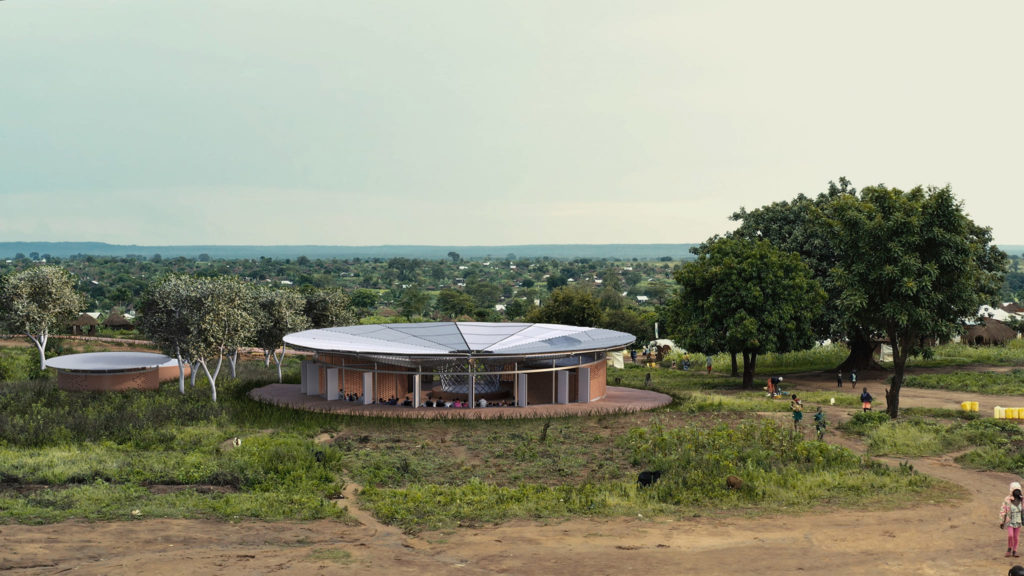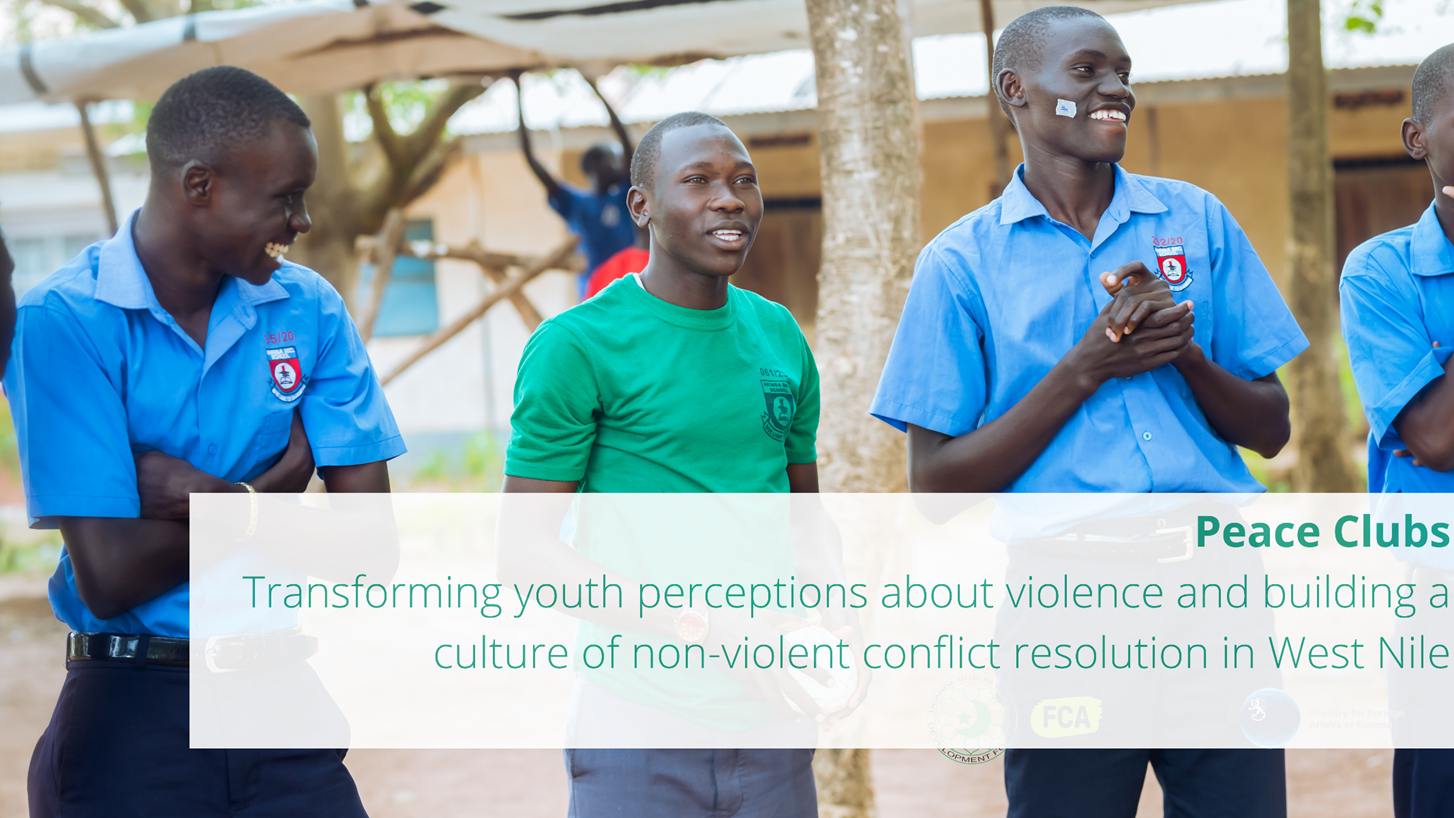Inspiring a new kind of youth agency; A Story of change from Bidibidi Refugee Settlement
Through the engagements we’ve had, I realised there is a future. I started thinking bigger. At first, we were limiting ourselves; we refugee youths had lost our vision and all our dreams. But on getting more capacity building from initiatives like those brought by UMYDF, I started seeing a future. I started to establish a new home here. We are refugees here and we don’t know when we shall go back home. So, we now have to change our mindset and work hard.’
-Mawa Zacharia, co-founder Sina Loketa-
Zacharia’s statement is re-echoed through the sense of urgency with which he and his colleagues at Sina Loketa have taken action following UMYDF engagements. Action towards building social cohesion and peace as well as community development initiatives has been hightened.
After the dialogue, they resolved not to wait for UMYDF to return with some initiatives. They mobilised the youths in their community through sports. They realised that the only thing that youths love and unite over is sports. So, they advocated for a tournament where 11 clubs participated. The announcement of the football tournament was made and as anticipated, the youths responded very quickly. This event showcased traditional dancers from the settlement and host community. By experiencing each other’s unique culture, bridges were built and conversations were initiated. From Zacharia’s description, the sports and traditional dancing was happening concurrently. What a feast for the senses! The day for the finals was very colourful and inspiring to the youths that attended. The youths in attendance are reported to have felt as if they were in Europe.
In this activity, sports and entertainment were meticulously fused to act as a tool for building social cohesion and peace. Some youths were inspired to form their own grassroot sports clubs and the organisers were challenged to make the subsequent events more colorful. They are planning a Christmas league as the highlight for the end of the year, involving some football clubs from the host community. They have worked under close advice from the leaders who always endeavour to attend their activities.
Lomore and Amiso, also youth leaders at Sina Loketa took to participatory action research (PAR), interacting with community members and documenting their challenges. Youths, some of whom are educated can’t find jobs and have resorted to drug abuse and women lack employable skills. These youth leaders deliberately target criminal youth groups, organise them into sports clubs to enable them participate in football and netball or engage them in income generating activities. Their time is now well spent.
Through PAR, digging was suggested as a solution but because of their migrant status, they can only hire the land on annual basis; hiring a 30*30 feet piece of land for cultivation is at 30,000= (about 7.9USD). For the cultivation project, they assisted the youths in acquiring land and partnered with organisations that can avail seeds to open gardens. Youth leaders who are skilled in growing some crops now train others. Amiso has so far trained 30 women in mushroom growing. The cultivation project has been promising but the extended dry spell is quickly sending the beneficiaries back into despair.
Borrowing a leaf from the mentorship training organised by UMYDF, Sina Loketa started a youth training and mentorship programme in the first week of July 2022. They mobilise youths for entrepreneurship training at Sina Loketa, enroll them and train them on how to turn challenges into opportunities. While entrepreneurship training has been part of the CBO’s strategy, the mentorship component was missing. In this new mentoring approach, established entrepreneurs share their experiences and mentor their youths to start out. Given that this project is still in its infancy, these youth leaders still need connections to mentors and collaboration in capacity building.
One other urgent matter at hand for these youths was seeing their community free from violence. They now understand that in order to raise stronger voices, capable of meaningfully advocating for the rights of fellow youths and other voiceless individuals in the community, they need to form peace building networks across the settlement and in the host community. Following the trainings, these youth leaders introduced peace building training at Sina Loketa. Although peace building is one of the issue areas of Sina Loketa, no work in this area has been done since inception of their operations in 2018. With the little knowledge they learnt from the peace building sessions organised by UMYDF, they started out in hope of collaboration along the way. They sensitise the youths in cluster level, covering the three clusters that constitute zone 2 of Bidibidi settlement. Their approach to mobilisation involves entertainment; they use the traditional cultural groups in their various locations to inspire large numbers of people to congregate. After the shows, they carry out trainings on peace building. Amiso is pleased to report that they have noticed a reduction in crime rate, cases of teenage pregnancies, and theft in the community.
It is clear why Zacharia and colleagues are acting with urgency; they have realised they are at home after all, so they must rebuild their dreams. They now seek to change the attitude of their community towards the same.
On the other side of Yumbe district, in the host community, there is another team of youths in a state of urgency but for totally different reasons. Youths here have felt undermined by the system and their voices silenced for long. They feel they have been denied participation in activities and projects that they are capable of doing yet many lack meaningful employment. The annual budget for the district youth office is also absurdly meagre as the district youth leader revealed; ‘The district youth leader manages a budget of only 4 million shillings in a financial year and there is only so little that this money can do.’ Quite often, the youth leaders find their hands tied to act.
In both cases, there is danger to life but not due to natural disasters like the common definition of emergency dictates, but rather the death of hope. It is a matter of dead-alive, it even surpasses emergency as Norman Cousins relates; ‘Death is not the greatest loss in life. The greatest loss is what dies inside us while we live.’
The Yumbe district youth leaders are zealous for change; they are hungry for solutions that can uplift the youths they represent from this dilemma. This is the basis for their urgent action.
‘Any improvement you can make in your local community, no matter how small it may seem, is valuable.’
- Kofi Annan, One Young World, 2016




